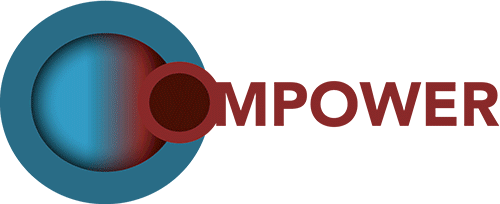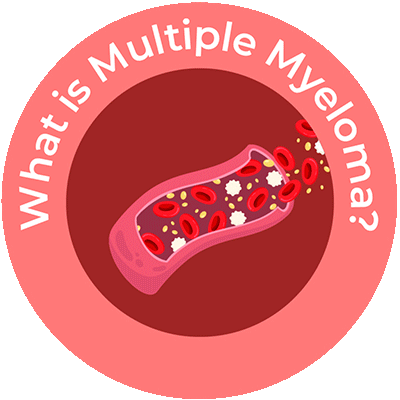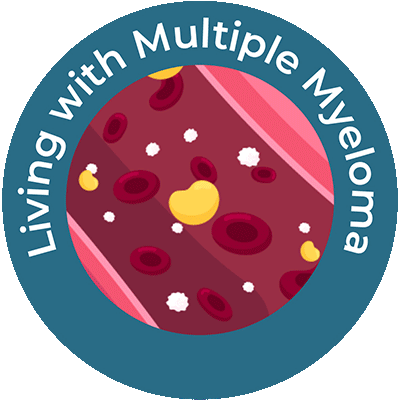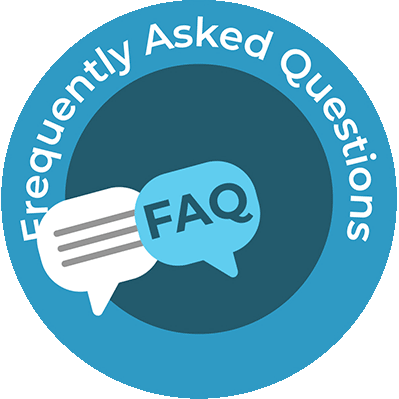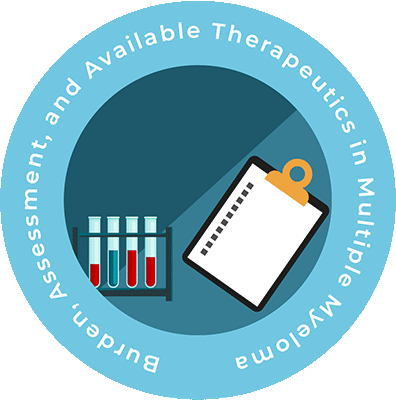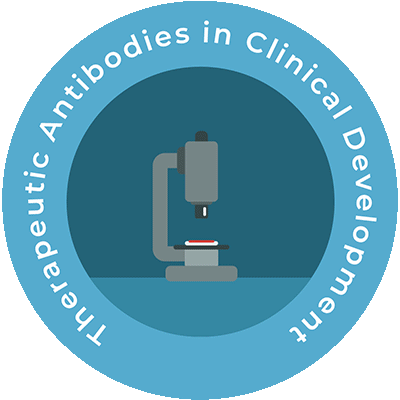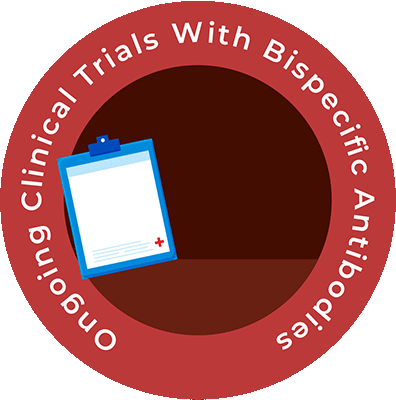Patient Toolkit
Welcome to the ECHO Patient toolkit, a resource center for patietns diagnosed with multiple myeloma. This toolkit provides links with information about current antibody therapies for multiple myeloma and novel bispecific antibodies in clinical development. This page also answers frequently asked questions about multiple myeloma.
We invite you to explore, and improve your understanding of multiple myeloma antibody therapies, as well as treatments in development!References
- Reference 1
- Reference 2
- Reference 3
